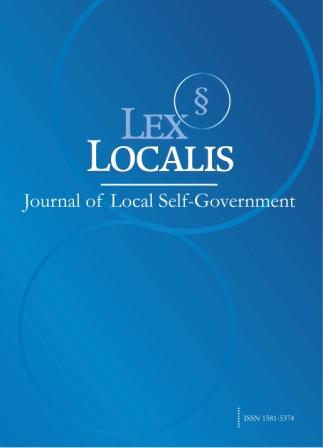AL-RUMANI AND MEASUREMENT
DOI:
https://doi.org/10.52152/Keywords:
Analogy (Qiyās), Forms of Analogy (Aqyisah), Most Eloquent (al-Ajwād), Strongest (al-Aqwā).Abstract
This research aims to uncover the impact of analogy (qiyās) in Arabic grammar and to explore why early scholars devoted great attention to it—so much so that some of them became known for their expertise in analogy, just as craftsmen are known for their trades. This was especially true of the grammarians of the fourth century AH, who treated analogy as the raw material from which eloquent speech is formed. Speech would not be considered eloquent unless it conformed to the rules of analogy established by grammarians.
At the same time, the research does not overlook the role of transmitted speech (samāʿ) in shaping grammatical rules, since the authentic, well-tested speech of native Arab speakers was itself considered a form of analogy. The study also examines the relationship between the Holy Qur’an and the emergence of analogy, highlighting how our scholars, through formulating analogical principles, played a major role in preserving the divine speech from the errors of the common tongue and the speech of non-native speakers. Thus, analogy served as a fortified barrier protecting all eloquent language—foremost among it being the speech of God, the Almighty.
Downloads
Published
Issue
Section
License
Copyright (c) 2025 Lex localis - Journal of Local Self-Government

This work is licensed under a Creative Commons Attribution-NonCommercial-NoDerivatives 4.0 International License.








